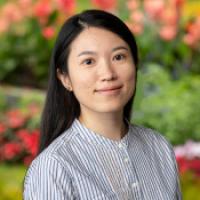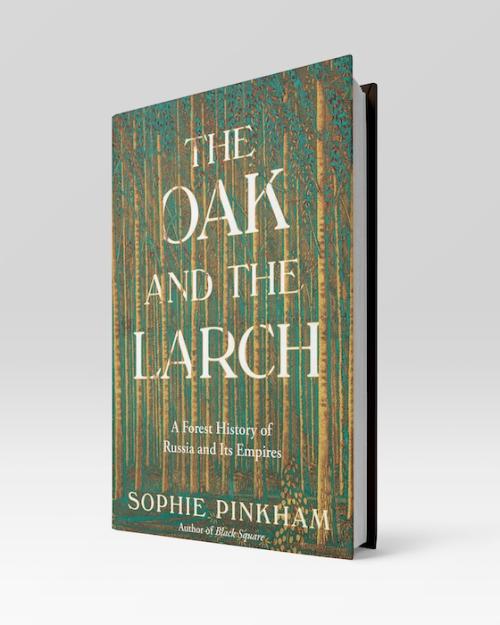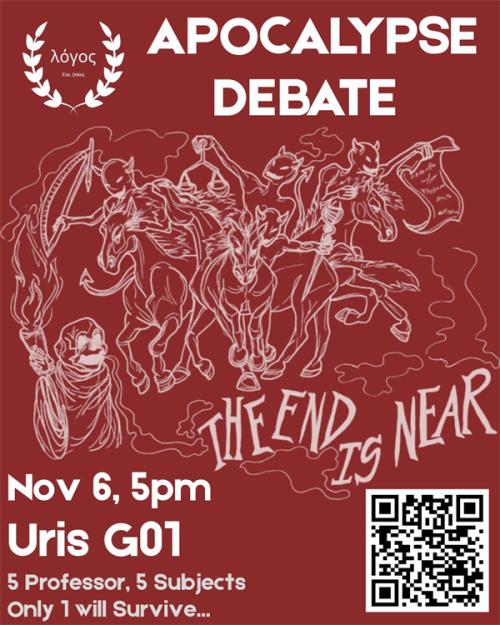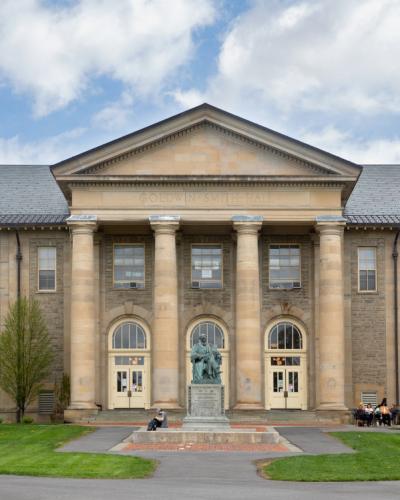An elegant, creative but also rigorously theoretical essay which acknowledges the historical stakes to the ideas explored while also recognizing the limits of traditional history. The essay is erudite, well-researched and with citations that help advance his argument but are not excessive. Praveen puts Derrida, Freud and theory writ large in conversation with Buddhism to try to find a way out of the impasse that usually sees them as irreconcilable. If the death drive is intrinsic to the archive, then, as Praveen writes, “The death drive constructs post-Buddhism by destroying the symbolic structures of modernist Buddhism...it is anarchival.” Written across three “acts,” he leaves the reader of “act 1” in suspense, wanting to read more of this fascinating work. Overall, this essay shows great potential for the basis of a more developed study of how Asia and theory can work together in deconstructive modes.
Kun Huang has taught three different first year writing seminars for the program, as well as serving as teaching assistant for courses in English and Asian American Studies. She has also mentored other graduate students, and has been a leader in pedagogical discussions in the department. The outstanding quality of her work in the classroom has already been attested to by the Gertrude Spencer Prize (which she won in 2021) and the Adelphic Award (also 2021, granted to one of her students). In the portfolio she submitted for consideration for this prize, she wrote, of her teaching philosophy: “I believe, the essence of humanities education lies in its power to question the founding definitions of the human, and for students to glimpse, however briefly, the full breadth, richness, and complexity of humanity, whose neglected past and precarious future we are collectively accountable for.” Debra Castillo, who has observed Kun’s classes numerous times, notes her generosity of spirit with her students, her openness to exploring issues and questions their curiosity inspires, and her thoughtful attentiveness to diversity. Kun’s goal of creating a productive and welcoming classroom is amply confirmed by Prof. Parisa Vaziri, who observed her recently in one of her online classes, and praised Kun for her warm presence, her success at facilitating conversation, and her calm professionalism.







